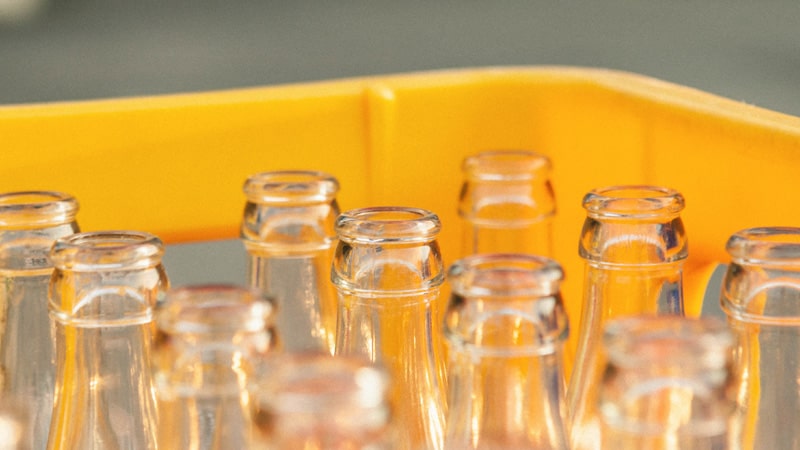Case study: Glass Packaging Forum
The Glass Packaging Forum is a voluntary product stewardship programme that has been operating since 2006, with members’ levies funding projects to improve the environmental outcomes for glass, which is infinitely recyclable.
What issues did the Glass Packaging forum need to address?
The issues facing container glass have changed, but the scheme was not as responsive as it could have been. Engaging stakeholders in the identification of issues and solutions was challenging. The The Glass Packaging Forum needed a scheme manager to partner with them to overcome these challenges.
What did we do?
- Created more robust data collection and analysis methodology with ongoing improvement
- Fostered closer relationships with councils and the waste industry to understand barriers to better outcomes
- Implemented strategic funding objectives and criteria
- Improved communication and engagement with all stakeholders from members to councils, collectors, industry organisations and central government
What did we achieve?
- Higher level of transparency to all stakeholders, leading to higher level of confidence in the organisation
- Better informed governance group
- Reliable mass balance data that can inform decisions
- Clear objectives and strategies to reach them
“The dedication and expertise of 3R as scheme managers gave me confidence that the Glass Packaging Forum could achieve our goals. 3R became the scheme manager at a critical point in time. They understand the importance of good relationships and through their stakeholder management helped us improve glass supply chain flow throughout New Zealand. 3R have been instrumental in streamlining our strategy, governance, and grant funding process. They have improved the integrity of our data to ensure it is robust and can guide good decision making. Their understanding of product stewardship and ability to bring stakeholders together has been of critical importance in this changing regulatory environment.”
Karen Titulaer, Glass Packaging Forum Steering Committee Chair 2019-2021 (Head of Legal, Risk and Sustainability, Villa Maria Estate Ltd)
Sustainable Development Goals (SDGs) impacted by this work
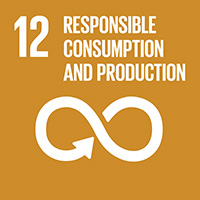
Goal 12: Responsible consumption and production
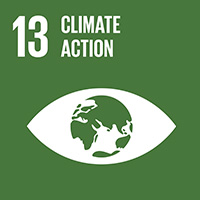
Goal 13: Climate action
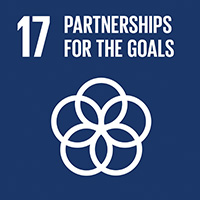
Goal 17: Partnership for the goals
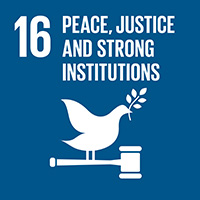
Goal 16: Peace, justice and strong institutions






